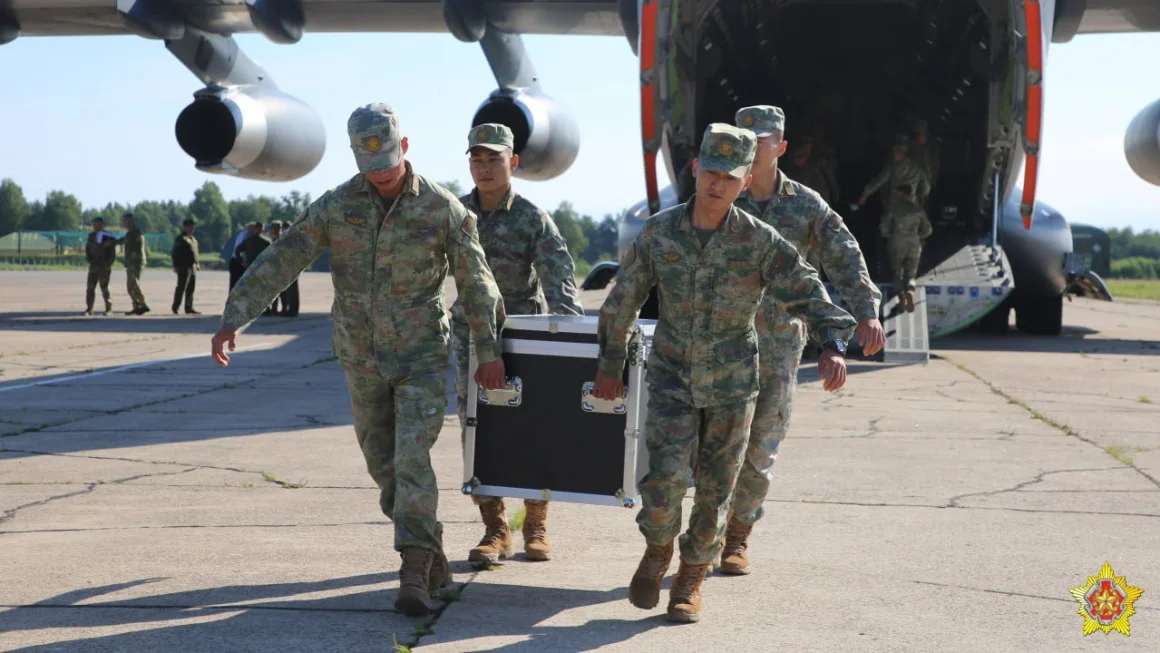
Key Points:
- China and Belarus are conducting joint military exercises near the border of Poland, a NATO and EU member state.
- The exercises, called “Attacking Falcon,” focus on counter-terrorism and hostage rescue operations.
- The drills come during heightened tensions in the region, with Russia’s invasion of Ukraine ongoing for over two years.
China and Belarus Conduct Joint Military Exercises Near NATO Border
China and Belarus have launched a joint military exercise dubbed “Attacking Falcon,” raising concerns among NATO members and the European Union. The 11-day drills are taking place at a training ground near the Belarusian city of Brest, just miles from the border of Poland, a NATO and EU member state.
The exercises, which are focused on counter-terrorism and hostage rescue operations, will see military personnel from both countries “act together” as one unit in certain stages, according to Maj. Gen. Vadim Denisenko of the Belarusian military.
“Events in the world are complex, and the situation is complex. Therefore, having studied new forms and methods of conducting warfare, here we will work out all these moments considering all that is new that has been learned in the past two years,” Denisenko said in a Telegram post.
A Show of Force Amidst Geopolitical Tensions
The exercises have raised concerns among NATO and EU member states. These concerns stem from historical accusations against Belarus regarding its border security practices. Belarus has been accused of intentionally facilitating the entry of asylum-seekers from third-world countries into the European Union, effectively weaponizing its border. Given their proximity to the EU’s eastern border and the involvement of China, some observers perceive the joint drills as a further escalation of tensions and a potential provocation.
Deepening Ties Between China and Belarus
The joint military exercise is the latest demonstration of the deepening ties between China and Belarus, which have grown closer under the leadership of Chinese President Xi Jinping and Belarusian President Alexander Lukashenko, both strong allies of Russia’s Vladimir Putin.
Belarus has been a critical ally of Russia in the Kremlin’s war on Ukraine, serving as a launching pad for the invasion in February 2022. Last year, Putin announced that Russia would place tactical nuclear weapons in Belarus, further solidifying their military alliance.
China, meanwhile, has emerged as a key diplomatic and economic lifeline for Russia since the invasion of Ukraine, providing essential economic support and avoiding condemnation of Moscow’s actions.
A Regional Power Shift?
The joint military exercises are further evidence of the growing influence of China and Russia in the region. Belarus’ recent entry into the Shanghai Cooperation Organization (SCO), a Beijing- and Moscow-backed security alliance, also signals a shift in regional power dynamics.
The SCO, focused initially on combating terrorism in Central Asia, has expanded its reach and ambitions in recent years. Some see the inclusion of Belarus in the bloc as a direct challenge to the Western-led international order.
